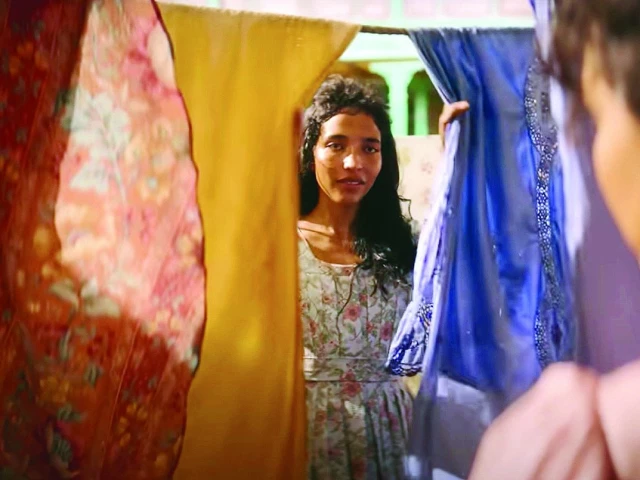One Hundred Years of Solitude' director talks creative vision
Netflix series adapts esteemed Latin American novel

Netflix has now taken on literary savant Gabriel García Márquez's family saga One Hundred Years of Solitude (Cien Años de Soledad). The author, who is recognised as a pioneer of the genre of magical realism for his incredible work, won the Nobel Prize in Literature in 1982.
Despite being burdened by a cultural legacy so great, Netflix's efforts are being proved fruitful. The show has already made it to the list of Netflix's Global Top 10, and that's due in part to director Alex García López's deference to the source material. In a conversation with Forbes, he was happy to share his creative insights.
García López, who referred to the author with the nickname "Gabo", helmed five episodes of the series. He expressed fondness for García Márquez's ability to create a captivating world and spoke of the necessity to immerse himself into the cultural richness of the Caribbean of Colombia in order to do justice to the fictional town of Macondo and the Buendía family. "I started to see Gabo's youth and his stories and his family differently. And therefore, to me, it was fundamental to bring that energy to life," he said.
"My biggest concern was how were we going to adapt a novel that had such little dialogue, yet such a profound and unique voice," he explained. "But when I read the first draft of the script, I was thrilled. I was hypnotised. I saw that we actually had a chance to do this well."
García López approached the story by way of a narrator, which helped him understand the prose better. "Unlike other shows or films where the narrator knows the beginning and end of the story, our narrator is discovering the story along with the audience," he said. "The camera becomes his point of view. It's flying around the house, trying to find who's speaking, where the story is coming from. That gave us a slightly surreal, slightly ethereal, slightly magical element to the show."
He also worked closely with Rodrigo and Gonzalo, sons of the late author, to best emulate the original story's vision onto the screen. Their encouragement was the push he needed to bring life to a story that he believes will resonate with a worldwide audience, just as the book did.
"The story, the characters, the themes themselves are universal," he said. "This is why the book has sold more than 50 or 60 million copies worldwide. And now, thanks to Netflix, audiences are hungry for stories that take place in places they've never seen before."



















COMMENTS
Comments are moderated and generally will be posted if they are on-topic and not abusive.
For more information, please see our Comments FAQ